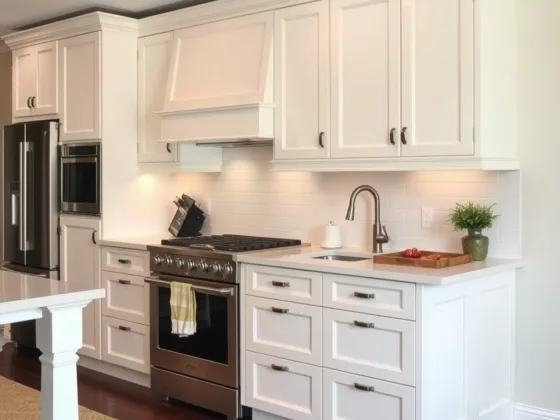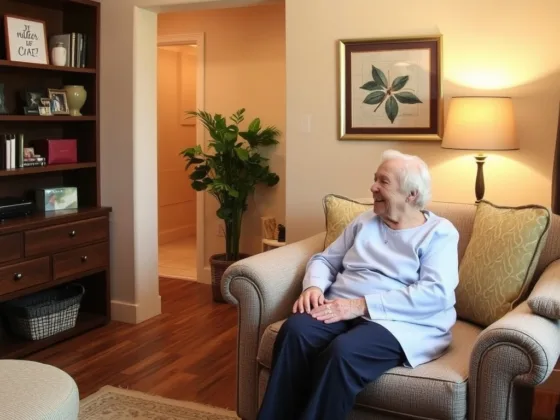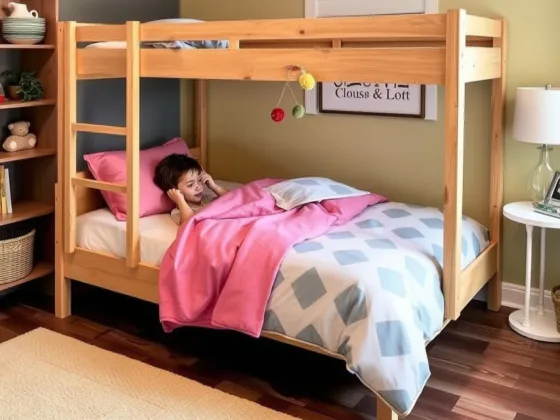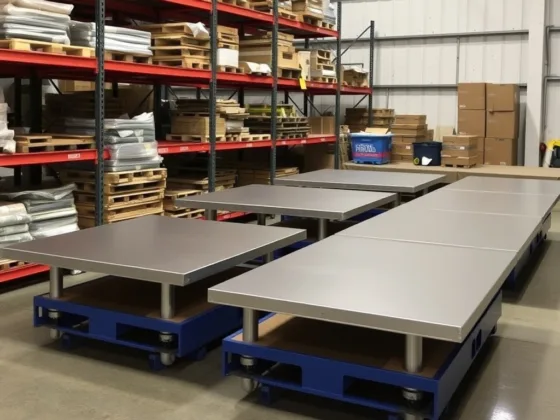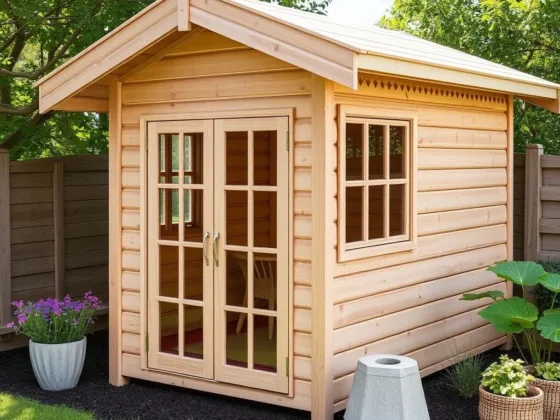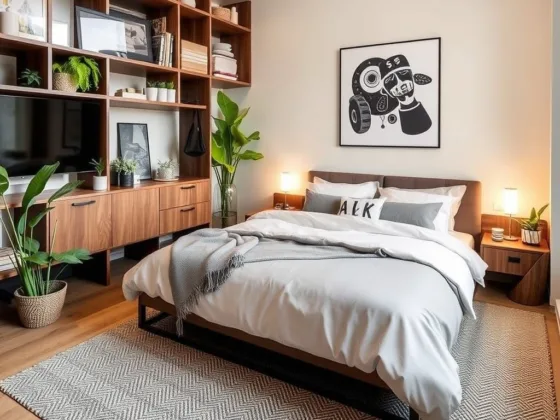Austin isn’t just about live concerts — the word is getting out about their land market and excellent growth rate.
Residential and commercial financial specialists are finding that the Texas state capital is one of the most thriving land markets in the U.S., with development persistently powered by a rising populace, tax breaks, industry influx, affordability, jobs, and amazing schools.
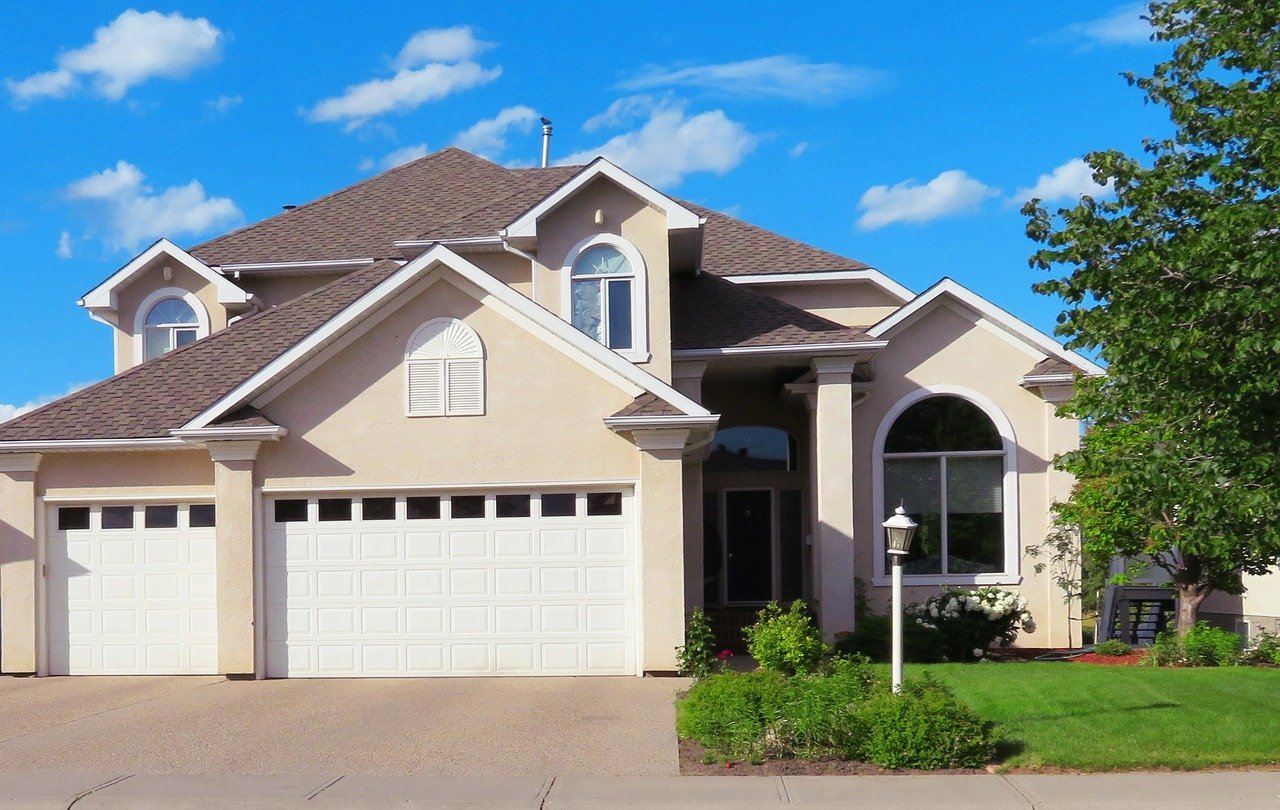
The Austin property market has been unharmed by the pandemic and the interest has taken off as of late.
There has been a spike in home deals over a recent couple of months notwithstanding the recession which grandstands the market’s flexibility.
Round Rock has been named one of the most secure cities to live in the United States – an extraordinary place to call home.
Round Rock has 34 parks and is home to 3 city open-air pools.
The neighborhood Parks and Recreation Department offers numerous projects for children and families constantly. If you’re interested to know more, click here.
Economic development
Economic development prompts accessibility of quality education and medical services, availability to retail shopping, eateries, delightful parks, and neighborhoods.
In contrast to different areas in the country, Round Rock has avoided taxes that distress industrial development.
Indeed, Round Rock offers tax cuts for business interests, and the State of Texas has no corporate or personal tax.
The best part is that Round Rock has minimum property taxes in the district.
In recent years, Round Rock has brought down property taxes while extending services to residents and businesses.
One half-cent of the municipal sales tax collected is devoted to the decline of property taxes.
Inhabitants and organizations pay a portion of the lowest month to month utility expenses in Central Texas and Round Rock has a property tax rate that is among the minimal of any medium or large city in the state.
Read Also:
Industry Growth
There’s been a lot of discussion about the significant organizations that are moving to Round Rock.
Some outstanding firms with national and local HQs incorporate Facebook, Whole Foods, Dell, Apple, IBM, Oracle, GM, Home Depot, HP, Zoho, and the list goes on.
These are top organizations settling in for the long haul. Google is intending to move there as well and Amazon has comparable plans for its second HQ.
An enormous reward that plays vigorously into corporate area choices is that Texas has no state income tax.
Austin’s inventive, insightful, and tech-centered environment appeals to development firms seeking natural and ground-breaking organizational strategies.
Heads, young experts, and workers who uphold industry are moving to this professional nexus, making a tremendous opportunity in multifamily and single-family residential development.
Luckily, there’s no polarity present between the development of the commercial and residential sides of the land market.
Exceptional demand exists for office, retail, and industrial properties to address the issues of the developing populace, labor force, and commercial tenant base.
Investing in Airbnb Rentals
As per the information given via Airbnb, Airbnb rentals in Austin invited around 38% more visitors in 2017 contrasted with 2016.
By a long shot, Austin is the greatest Airbnb market in Texas, representing practically 30% of the 1.5 million arrivals in the state starting in 2017.
The most famous dates to top off Airbnb rentals in Austin are normally connected with occasions, for example, the Austin City Limits Music Festival, the Formula 1 U.S. Grand Prix auto car, and South by Southwest.
Such occasions help the Austin land market to amplify facilities to have as many guests as could be expected under the circumstances which thus expands occupancy rate and Airbnb’s quantifiable profit.
All things considered, investing in Airbnb in the Austin land market appears to be rewarding and could be a smart thought particularly for beginners.




